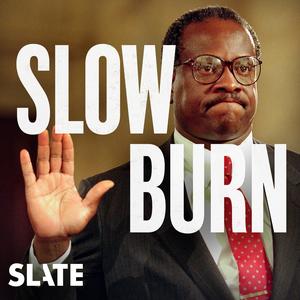
In this episode of “The Tim Ferris Show,” Tim interviews Dr. Nolan Williams about the new frontiers of mental health. They discuss brain stimulation, ibogaine, rapid-acting tools for depression, enhancing sports performance, and more.
Dr. Nolan Williams discusses the use of brain stimulation techniques, such as transcranial magnetic stimulation (TMS), in treating mental health disorders like depression. Resting state functional connectivity MRI allows researchers to observe blood flow in the brain, providing insights into treatment response and potential causality in depression. Focal neuromodulation offers a direct way to target circuits in the brain, empowering patients to feel well without relying solely on medication.
Ibogaine, a psychedelic substance, has shown promise in treating addiction and other psychiatric disorders. However, there are ethical concerns and implications surrounding its global demand, as it can impact traditional users and natural supplies. Psychedelic-assisted therapy, including the use of substances like ibogaine, is an area of interest for further research and exploration in the field of mental health.
Accelerated TMS, a form of brain stimulation, has shown promising results in the treatment of depression. Compressed treatment protocols offer a quick recovery option without impacting work or daily activities. Personalized treatment targets, determined through brain imaging, can improve the effectiveness of rapid-acting tools for depression. These advancements provide hope for individuals with treatment-resistant depression.
Neuromodulation techniques, such as brain stimulation, have the potential to enhance sports performance by optimizing brain function and improving cognitive abilities. Stimulation patterns in the brain can impact memory, flexibility, and motor learning, leading to improved performance in complex motor tasks. Exploring the boundaries of neurorehabilitation and the brain’s ability to recover and reorganize after trauma or surgeries can open up new possibilities for enhancing sports performance.
Dr. Nolan Williams provides insights into the new frontiers of mental health, including brain stimulation, psychedelic-assisted therapy, rapid-acting tools for depression, and enhancing sports performance. These advancements offer hope for individuals struggling with mental health disorders and provide alternative approaches to traditional medication-based treatments.